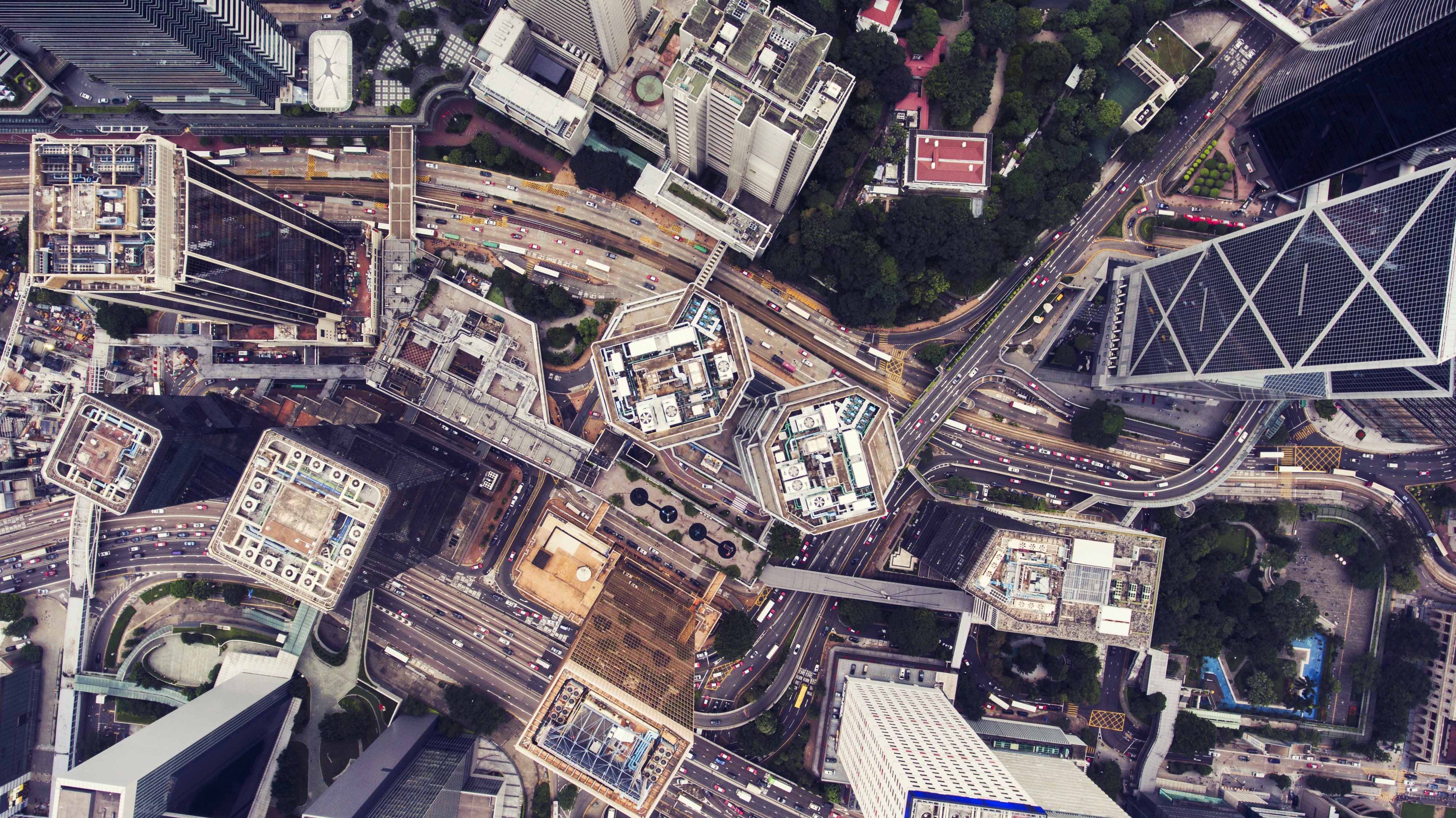
There’s been an abundance of headlines from Ele.me, the Chinese online food delivery platform, over the past year. From buying out Baidu’s food takeout arm in 2017 to its acquisition by Alibaba Group earlier in 2018 in a deal worth $9.5bn, Ele.me’s conquest of the fast-growing sector continues.
The delivery giant’s most recent move saw it gain a license from authorities to deploy a fleet of drones across 17 routes in JinShan Industrial Park, Shanghai. It’s a big play to cement Ele.me’s credentials as the sector’s technological trailblazer, crucial when its main competitor, Tencent, has all-conquering multi-purpose instant messaging platform WeChat on its side.
Accessibility has become the watchword for disruptors in China’s food delivery market. GlobalData’s Q4 2017 consumer survey found convenience was a crucial factor behind a more attractive purchase for 61% of Chinese consumers.
But will Ele.me’s revolutionary delivery system cause a stratospheric shift in how food is delivered in China, or fail to get off the ground?
Did anyone order a revolution?
Ele.me’s plan is to have drones cover 70% of scheduled delivery routes, with humans at either end to pack and unpack boxes. Although the firm’s foray into drone deliveries looks momentous, there are existing precedents. But as Xinyi Wu, consumer associate analyst at GlobalData, explains, this may be the moment it becomes a permanent fixture.
“In June 2015, Baidu’s Takeaway platform tested food delivery service via drones for two days from 10-12 June in Beijing in partnership with Pizza Hut using Ehang’s ghost drones,” says Wu. “However, red tape such as regulation and gaining legal licenses prevented Baidu being the first to deliver food via drones on a large scale after initial testing.”
Having bought out Baidu last year, Ele.me was well placed to advance on the firm’s early incursions into the world of drone delivery. These were, however, fraught with difficulties. Drones were spotted bumping into skyscrapers and straying into flight paths, culminating in highly publicized incidents like the Chengdu Shuangliu International Airport drone invasion. Four rogue drones rerouted dozens of flights and stranded thousands of passengers.
So, Ele.me’s experimentation with drones isn’t a complete field change. But the fact licenses have been granted for their use does prove the regulatory climate is shifting to make their widespread adoption a possibility.
Regional differences
Despite this, nationwide change remains a long way off. “My viewpoint on why the tech giants have made starting points in urban areas is that the volumes of food delivery services are higher and more demanding in Tier 1 cities which tend to have congested traffic,” says Wu.
Infrastructural conditions make drone-based delivery much more feasible in these cities. In addition to the fact that China’s leading tech companies, from Alibaba to Tmall, are already operating there on a grand scale, there is a greater incentive to overcome obstacles like congestion to access the most vibrant markets.
“Automation and robotics increase operational effectiveness,” says Wu. “The biggest results will be seen in those areas where traditionally the ‘delivery knights’ may find making delivery deadlines hard to achieve with congested traffic and high volumes of order at peak times.” As a result, Wu adds, extending automation to “very rural parts of China” is a more distant possibility.
Express delivery or lost in the mail?
Nationally automated delivery remains some way off in China. But it’s clear the foodservice landscape is changing irrevocably.
As Wu says, there are a number of “exciting projects for the consumer and logistics sector” on the horizon. From Alibaba’s automated wine store opened in Hong Kong earlier this year to Uber and Meituan’s inroads into driverless cars, innovations are coming thick and fast.
Ele.me is no outlier when it comes to deploying robotics to get the edge in deliveries. Meituan Dianping, a group-buying website backed by Tencent, has been developing its own space-age food takeout system over the past two years, with ride hailing firm Didi Chuxing added further fuel to the sector’s heated competition by advertising for riders across the mainland from March this year.
How can consultants respond?
With the market tied up by China’s tech titans, how should foodservice consultants in the region respond? Wu predicts “healthy competition” will remain despite the big players’ seemingly entrenched status. “With most online food services to be backed up by Chinese tech giants,” he says, “I predict this area will still be very disruptive.”
Wu’s advice is simple: leading companies in the food industry should “start researching and adopting this technology”, as the biggest players in the sector – Baidu, Tencent and Alibaba – are already racing ahead. Many of the inventions set to revolutionise logistics are already “mature” and waiting to be deployed. It’s just a question of when the “safety and regulation on routes” will catch up and allow the intelligence to be unleashed.
With Ele.me’s latest initiative, this is coming sooner rather than later. Consultants should act now to ensure they aren’t left aground when the drones start taking off.
Thomas Lawrence
Pictured: A drone’s view of Shanghai, China
